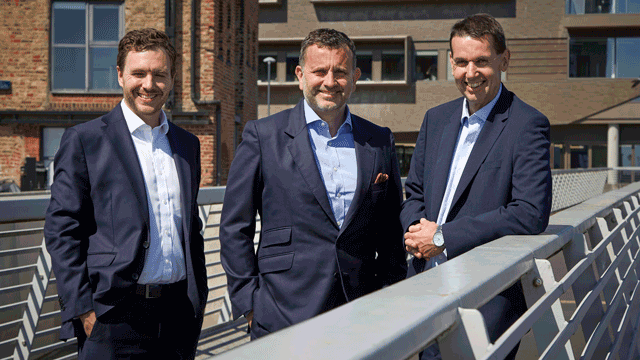COMMENT I like to mention three facts when introducing Whitbread to new connections. The first is that we no longer brew beer. The second is that 90% of guests of Premier Inn and hub by Premier Inn hotels are domestic travellers. The third is that 99% of our customers book directly with us rather than through intermediaries such as online travel agents.
In other words, Whitbread is a data-rich hotel and restaurant business with deep insight into domestic travel trends as they happen.
Now, I suspect I will not draw any gasps of surprise when I tell you that staycations are likely to remain extremely popular this year, with Premier Inn hotels near the sea, nature, landmarks and attractions – especially on the south coast and in Cornwall and Devon – already booking very strongly for the summer.
The pull of the cities
The leisure bounce is also building the occupancy of many of our town and city centre hotels as guests take advantage of reduced rates and reduced crowds for a city break.
Central London is currently an outlier to this trend, and though web searches for our London hotels are increasing, occupancy has not yet bounced back to the same extent as it has in other cities. I suspect we will need the return of culture and events, and the more widespread adoption of office working, for occupancy in our central London locations to return to more normal levels.
Before the pandemic we started looking closely at what our style of branded, affordable and “light-touch” accommodation added to the locations in which we are based. We did so as we felt that the economic benefits of our style of hotels are not well understood by our stakeholders.
Where we didn’t have primary data, we surveyed our guests, with more than 9,000 responding. We asked many questions, such as what our guests spent their money on when they stayed with us. And if they chose to eat breakfast or dinner outside our hotels then where they went and how much they spent.
Community connections
The results have helped us to build a detailed picture of the local economic impact of our hotels beyond creating new jobs. It also reveals the deep connections of our hotels to existing communities – with 62% of the guests we surveyed spending on food and drink within two miles of their chosen hotel, for example.
The economic analysis of the data, undertaken by Turley Economics, is powerful for our single-site hotels. It is especially so where we have a network of hotels, such as in Westminster, where leisure visitor expenditure from our six Premier Inn and hub by Premier Inn hotels is calculated at more than £23m a year (based on pre-pandemic occupancy data).
It will take a little time for our central London hotels to return to pre-Covid occupancy levels, and for our guests to be out and about as they were pre-pandemic. But, with VisitEngland predicting 38% growth in domestic overnight tourism (to £13.5bn) this year compared with last, we are on an upward trajectory.
And although domestic tourism will never replace the positive social and economic impact of international visitors to cities like London, the pandemic has certainly revealed its importance.
So, my recommendation if you are planning your staycation this year is to think of the wider benefits of your trip. “Do London,” as mayor Sadiq Khan is encouraging, and other cities across the country. We hoteliers will be pleased to see you, as will the many local shops, restaurants, cafés, pubs, bars and cultural venues that make the capital and our other major cities so superb.
Derek Griffin is head of acquisitions at Whitbread











